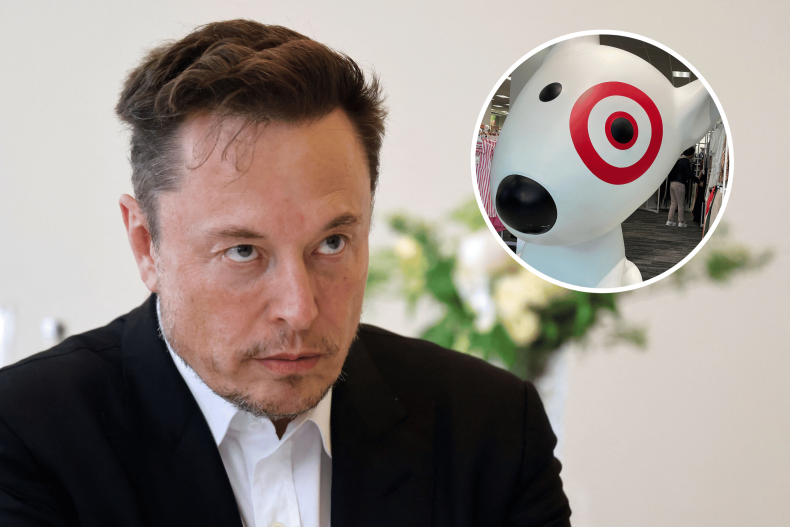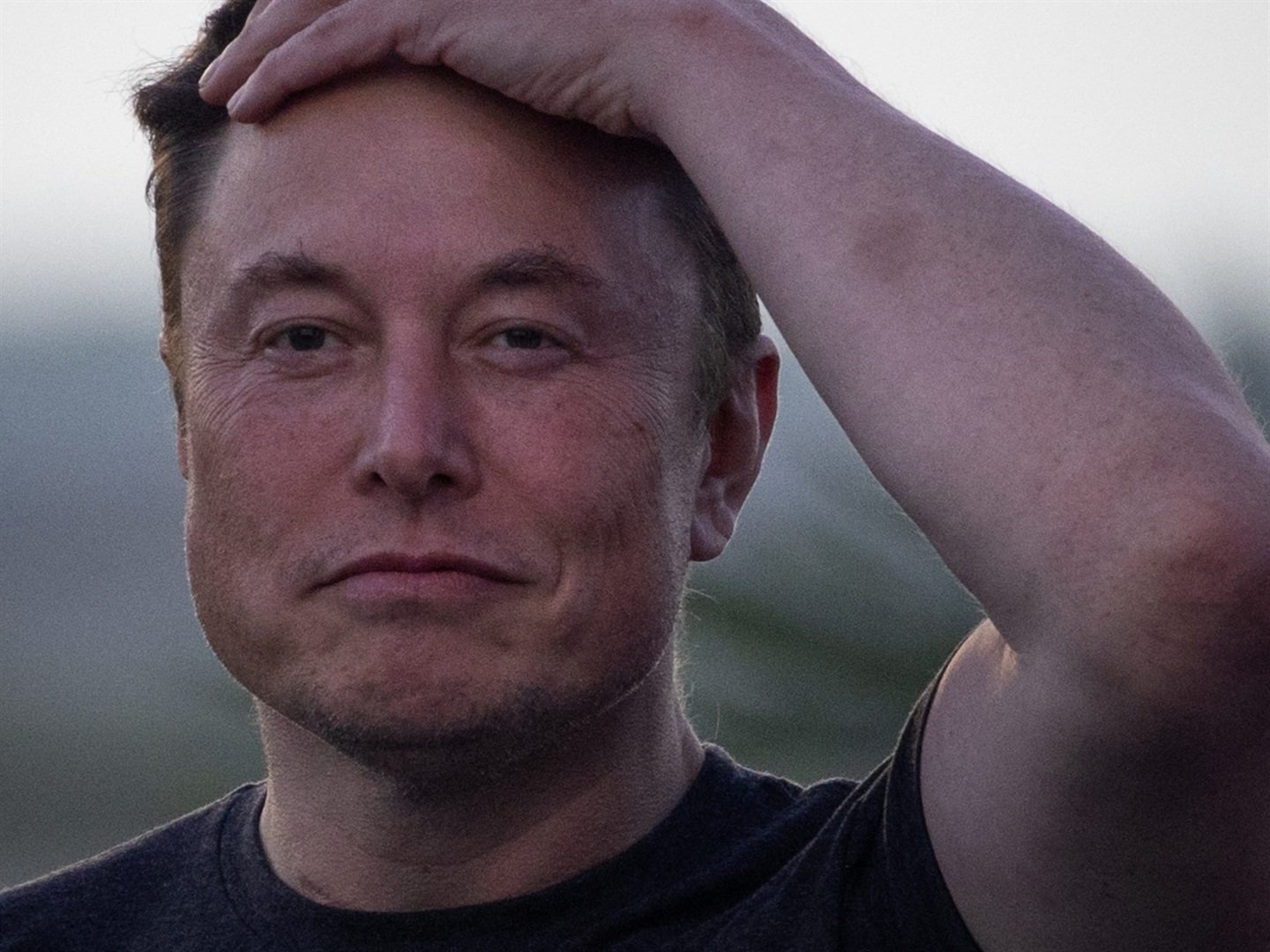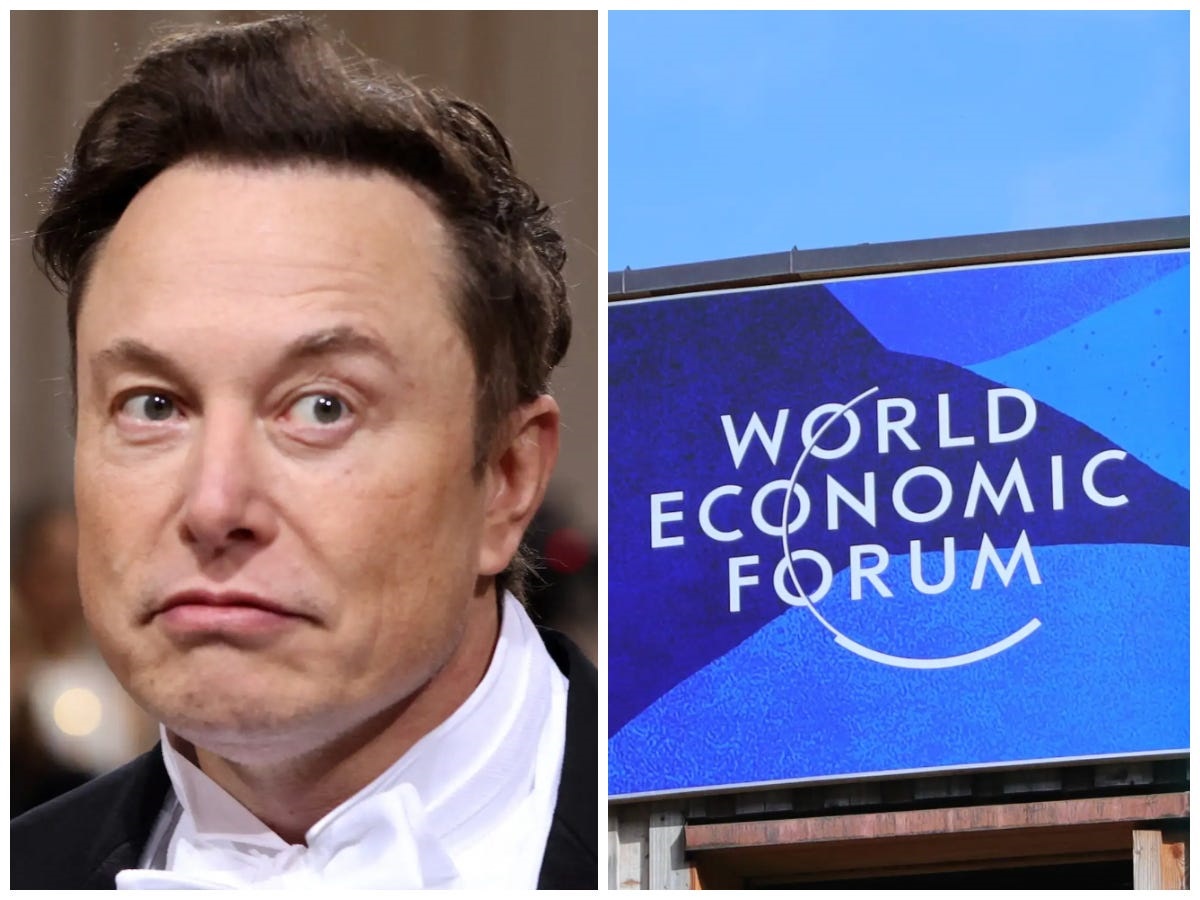In recent years, Elon Musk has emerged as one of the most polarizing figures in the world. From his groundbreaking work with Tesla and SpaceX to controversial statements and business practices, Musk's influence is undeniable. If you're someone who disagrees with his methods, beliefs, or corporate practices, you might be wondering how to boycott Musk effectively. This article will guide you through actionable steps to align your values with your actions.
Boycotting Musk is not just about avoiding his products; it's about making informed decisions that reflect your ethical stance. Whether you're concerned about his environmental impact, labor practices, or personal conduct, this guide aims to provide you with the tools and knowledge to make meaningful changes.
As we delve into this topic, remember that boycotting is a powerful way to send a message to corporations and individuals. By understanding the scope of Musk's influence and the steps you can take to minimize your support for his ventures, you can contribute to a larger movement advocating for transparency and accountability in business.
Read also:The Lion King Scar Son Unveiling The Legacy Of The Pride Lands Most Controversial Character
Understanding Elon Musk's Empire
Who is Elon Musk?
Elon Musk is a South African-born entrepreneur, engineer, and businessman who has become synonymous with innovation and disruption. His ventures span various industries, including automotive, aerospace, energy, and artificial intelligence. Musk's companies include Tesla, SpaceX, Neuralink, The Boring Company, and X (formerly Twitter). His vision of a sustainable future and interplanetary colonization has captured the imagination of millions worldwide.
However, Musk's leadership style, corporate decisions, and public statements have also sparked controversy. Critics argue that his focus on rapid innovation often comes at the expense of ethical considerations, worker rights, and environmental sustainability.
Why Consider Boycotting Musk?
There are several reasons why individuals and groups choose to boycott Musk. Below are some of the most common concerns:
- Environmental Impact: While Tesla promotes itself as an environmentally friendly company, critics point out issues with battery production and mining practices that contribute to environmental degradation.
- Labor Practices: Musk's companies have faced accusations of poor working conditions, low wages, and anti-union stances, raising questions about their commitment to fair labor practices.
- Corporate Governance: Musk's centralized control over his companies and controversial decisions have raised concerns about accountability and transparency.
- Public Statements: Musk's tweets and public statements on platforms like X (formerly Twitter) have sparked debates about misinformation, free speech, and societal impact.
By understanding these concerns, you can better assess whether boycotting Musk aligns with your values and goals.
How to Boycott Musk: A Step-by-Step Guide
Step 1: Identify Musk's Products and Services
To effectively boycott Musk, it's essential to know which products and services are tied to his companies. Below is a list of major brands and ventures associated with Musk:
Read also:What Is Blippis Real Name Unveiling The Identity Behind The Gaming Legend
- Tesla (electric vehicles, solar panels, energy storage)
- SpaceX (rocket launches, satellite internet)
- Neuralink (brain-computer interfaces)
- The Boring Company (tunnel construction)
- X (formerly Twitter)
By identifying these entities, you can make informed decisions about where to direct your purchasing power.
Step 2: Evaluate Your Current Usage
Take stock of your current interactions with Musk's products and services. Ask yourself the following questions:
- Do I own a Tesla vehicle or use Tesla energy products?
- Am I subscribed to Starlink internet services?
- Do I actively use X (formerly Twitter)?
Understanding your existing connections to Musk's ventures will help you determine the best course of action.
Step 3: Find Alternatives
Once you've identified the products and services you wish to avoid, explore alternative options. For example:
- Electric Vehicles: Consider brands like Rivian, Lucid Motors, or traditional automakers offering electric models.
- Internet Services: Look into local ISPs or other satellite internet providers as alternatives to Starlink.
- Social Media: Switch to platforms like Mastodon, Bluesky, or other decentralized networks instead of X.
Researching and adopting alternatives not only reduces your reliance on Musk's companies but also supports diversity in the market.
Boycotting Musk's Social Media Influence
The Role of X (Formerly Twitter)
Since acquiring X (formerly Twitter), Elon Musk has made significant changes to the platform, including controversial decisions regarding content moderation and user privacy. If you're considering boycotting Musk, distancing yourself from X is a crucial step.
Here are some ways to reduce your engagement with the platform:
- Delete your X account or set it to private.
- Encourage friends and followers to join alternative platforms.
- Avoid amplifying content from X by sharing links or discussing its content on other platforms.
By limiting your involvement with X, you contribute to reducing Musk's influence in the social media landscape.
Evaluating the Impact of Boycotts
Can Boycotts Make a Difference?
Boycotts have historically been effective tools for driving change. By withholding financial support from companies or individuals whose practices you disagree with, you send a clear message about your values. However, the impact of a boycott depends on several factors:
- Scale: Widespread participation increases the likelihood of success.
- Visibility: Publicizing the boycott through media and social channels can amplify its reach.
- Sustainability: Long-term commitment is necessary to create lasting change.
While boycotting Musk may not lead to immediate results, it contributes to a broader movement advocating for ethical business practices.
Addressing Criticisms of Boycotts
Common Arguments Against Boycotts
Opponents of boycotts often argue that they are ineffective or unfairly target individuals rather than systemic issues. While these criticisms have merit, it's important to recognize the symbolic power of boycotting. Even if a boycott doesn't lead to direct financial losses, it raises awareness and fosters dialogue about important issues.
To counteract criticisms, consider combining your boycott efforts with other forms of activism, such as:
- Supporting legislation aimed at improving labor rights and environmental protections.
- Engaging in conversations with others to educate them about the reasons behind your boycott.
- Investing in companies and organizations that align with your values.
Legal and Ethical Considerations
Understanding Your Rights
Boycotting is a legal and protected form of protest in most democratic societies. However, it's important to ensure that your actions remain peaceful and respectful. Avoid engaging in harassment or threats, as these tactics can undermine the credibility of your cause.
Additionally, be mindful of any contracts or agreements you may have with Musk's companies. For example, if you own a Tesla vehicle, check the terms of your warranty or service agreements before discontinuing use.
Building a Community Around Your Boycott
Joining Forces for Greater Impact
One of the most effective ways to strengthen your boycott is by joining forces with like-minded individuals. Consider the following strategies:
- Create or join online groups dedicated to discussing and promoting the boycott.
- Organize events or campaigns to raise awareness about the issues driving your boycott.
- Collaborate with organizations or influencers who share your values and goals.
By building a community around your boycott, you amplify its reach and effectiveness while fostering connections with others who share your commitment to ethical action.
Measuring Success
Tracking the Impact of Your Boycott
While the success of a boycott can be difficult to measure, there are several indicators to watch for:
- Changes in public opinion or media coverage of the issues you're addressing.
- Shifts in corporate policies or practices in response to public pressure.
- Increased adoption of alternative products or services by others in your network.
Remember that the impact of a boycott often extends beyond immediate financial consequences. It can inspire broader conversations and movements that lead to long-term change.
Conclusion
Boycotting Musk requires careful consideration and commitment. By understanding the scope of his influence, identifying alternatives to his products and services, and joining forces with others who share your values, you can make a meaningful impact. Remember that boycotting is just one tool in the larger toolkit of activism. Combining it with other forms of engagement, such as advocacy and education, can amplify its effectiveness.
We invite you to take action by sharing this article with others, joining online discussions, and exploring ways to align your purchasing decisions with your values. Together, we can create a more ethical and sustainable world. Let us know in the comments how you plan to participate in this movement!
Table of Contents
- Understanding Elon Musk's Empire
- Why Consider Boycotting Musk?
- How to Boycott Musk: A Step-by-Step Guide
- Boycotting Musk's Social Media Influence
- Evaluating the Impact of Boycotts
- Addressing Criticisms of Boycotts
- Legal and Ethical Considerations
- Building a Community Around Your Boycott
- Measuring Success
- Conclusion


